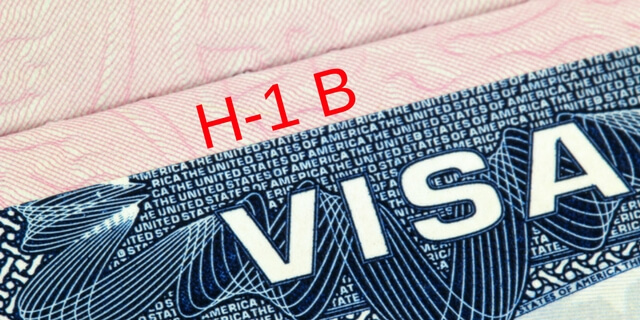Less than 10 days ago a U.S. Congressional committee passed a bill to increase the minimum annual salary of H1B visa holders from $60,000 to $90,000. The former minimum salary was set in 1998 and has not changed for nearly 20 years. This 2-decade salary gap has allowed high tech companies to pay skilled foreign workers much less than their American counterparts.
Newly Imposed Restrictions
The proposed $30,000 annual increase for H1B workers comes with a number of restrictions. The suggested bill will need to be passed by the Senate before being signed by U.S. President Donald Trump to become law.
In order to fulfill Trump’s ‘Hire American” policy, the bill prohibits H1B dependent employers from replacing American workers with H1B visa holders. Another proposed restriction is the “no-layoff policy” which prohibits H-1B dependent employers from disproportionately laying off U.S. workers versus H1B workers employed at the sponsoring company.
Why Raise the Minimum Salary for H1B Workers
For the purpose of recruiting U.S. workers before hiring any H1B workers, the proposed bill dramatically increases the salary requirements for H1B workers. “They must pay the lower of $135,000 which is indexed for inflation or the average wage for the occupation in the area of employment, but with a floor of $90,000,” according to the House Judiciary Committee.
Related Blog Posts:
- It is legal to pay H-1B workers a lot less than Americans
- H-1B: what is good for foreigners may not be good for Americans and Trump wants to change that


Trackbacks/Pingbacks